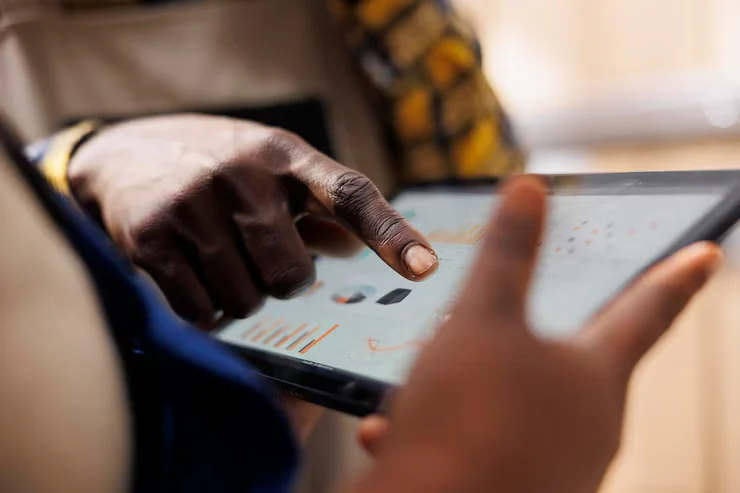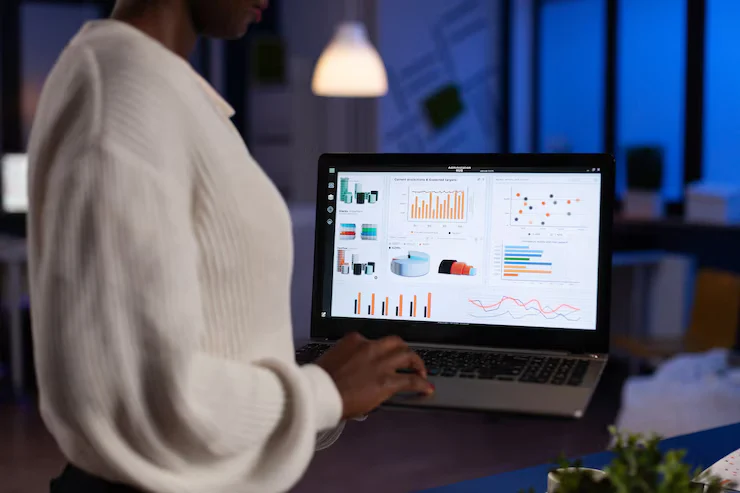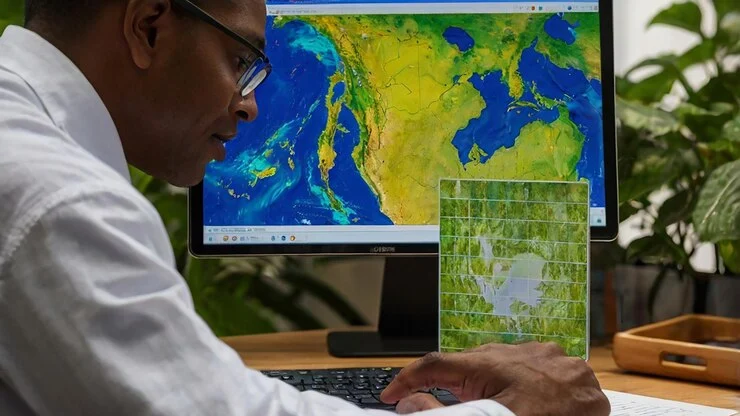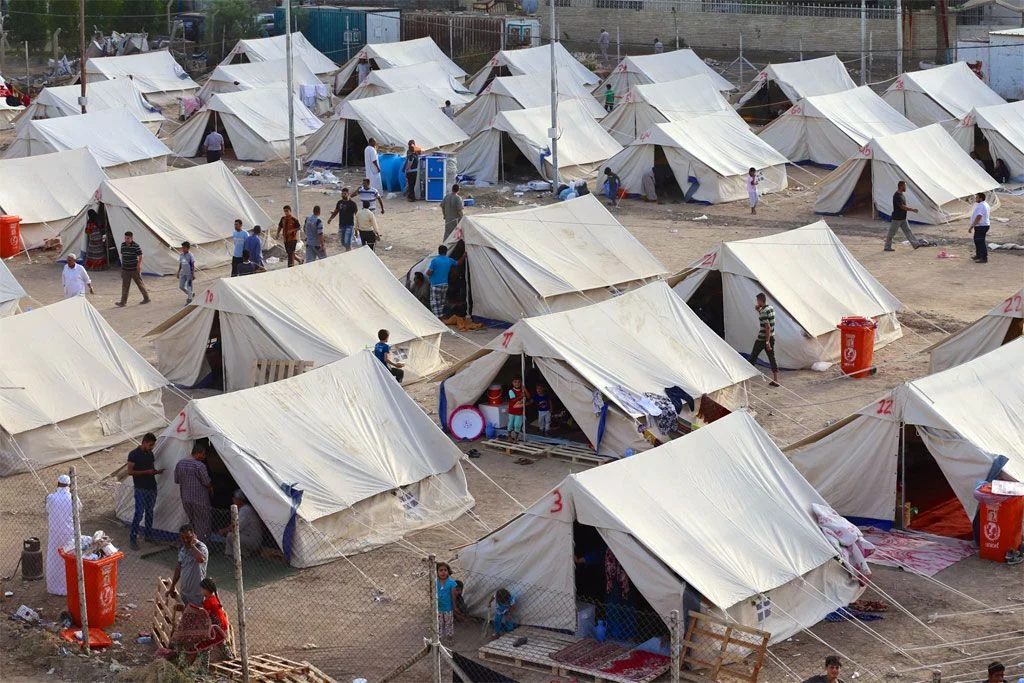Monitoring and Evaluation (M&E) is no longer a manual; time-consuming process confined to spreadsheets and field notes. Today, the future of M&E is being reshaped by a suite of emerging technologies that improve accuracy, enable real-time tracking, and enhance stakeholder engagement. Whether you’re a development expert, M&E consultant, or donor agency, staying current with these innovations is no longer optional, it’s essential.
1. Data Collection Tools: Going Digital and Real-Time

Mobile-Based Survey Platforms
Mobile data collection apps like ODK (Open Data Kit), KoboToolbox, and SurveyCTO are becoming the gold standard in M&E. These tools allow field workers to gather data offline and sync it when internet is available, enabling real-time analysis even in remote areas.
Why It Matters:
- Reduces data entry errors
- Speeds up reporting
- Enables GPS tagging and multimedia inputs (images, audio)
AI-Enhanced Survey Tools
The integration of Artificial Intelligence (AI) in platforms like TaroWorks and Premise allows for smart skip logic, sentiment analysis, and predictive data modeling ensuring your surveys are not just filled, but deeply insightful.
2. Real-Time Dashboards and Analytics Platforms

Interactive Data Dashboards
Solutions like Power BI, Tableau, and Google Looker Studio enable organizations to visualize results and track KPIs in real-time. With customizable widgets and auto-updating graphs, decision-makers can act swiftly based on current data trends.
Features to Look For:
- Integration with cloud-based databases
- Drill-down analytics
- Auto-notification systems for anomalies
3. Geospatial Technologies in M&E

GIS Mapping Tools
Geographic Information Systems (GIS) such as ArcGIS and QGIS help M&E teams visualize the geographic spread and coverage of projects. These tools bring location-based insights to life critical in health, agriculture, and infrastructure programs.
Applications:
- Track service delivery in real-time
- Map demographic data
- Monitor conflict zones or climate-sensitive areas
4. Remote Monitoring: The Rise of Drones and Sensors
Drones for Aerial Assessment
In hard-to-reach locations, drones are becoming powerful allies for monitoring large-scale interventions. They’re used in agriculture, disaster response, and environmental protection to capture high-resolution images and videos without physical presence.
IoT Sensors
Internet of Things (IoT) devices are deployed in smart agriculture, clean water, and energy programs to track changes in environmental or usage conditions, transmitting real-time data back to M&E systems.
5. Collaboration Tools: Streamlining Teamwork in M&E
Project Management Software
Platforms like Asana, Trello, and ClickUp are increasingly used to streamline evaluation workflows, team communications, and task tracking across geographically dispersed M&E teams.
6. Cloud-Based M&E Systems
End-to-End M&E Software Suites
Integrated platforms like DevResults, DHIS2, and ActivityInfo offer cloud-based M&E solutions that combine data collection, performance tracking, and result-based reporting in one system.
Key Benefits:
- Secure and scalable
- Supports collaboration across departments and countries
- Generates automated reports for donors and stakeholders
Preparing for a Digitally Driven M&E Future
As global development becomes more complex, the future of Monitoring and Evaluation lies in smarter, tech-enabled approaches. Embracing these tools isn’t just about convenience, it’s about increasing transparency, improving decision-making, and achieving greater impact. Whether you’re evaluating health programs in Africa or climate resilience in Asia, adopting these technologies can revolutionize your M&E strategy.
Ready to Elevate Your Monitoring and Evaluation Strategy?
Partner with Insight and Social to integrate cutting-edge tech tools into your M&E framework. From AI-powered analytics to real-time dashboards, we deliver data-driven solutions that drive impact across Africa and beyond.
Get in touch today and future-proof your M&E projects with innovation that works.





